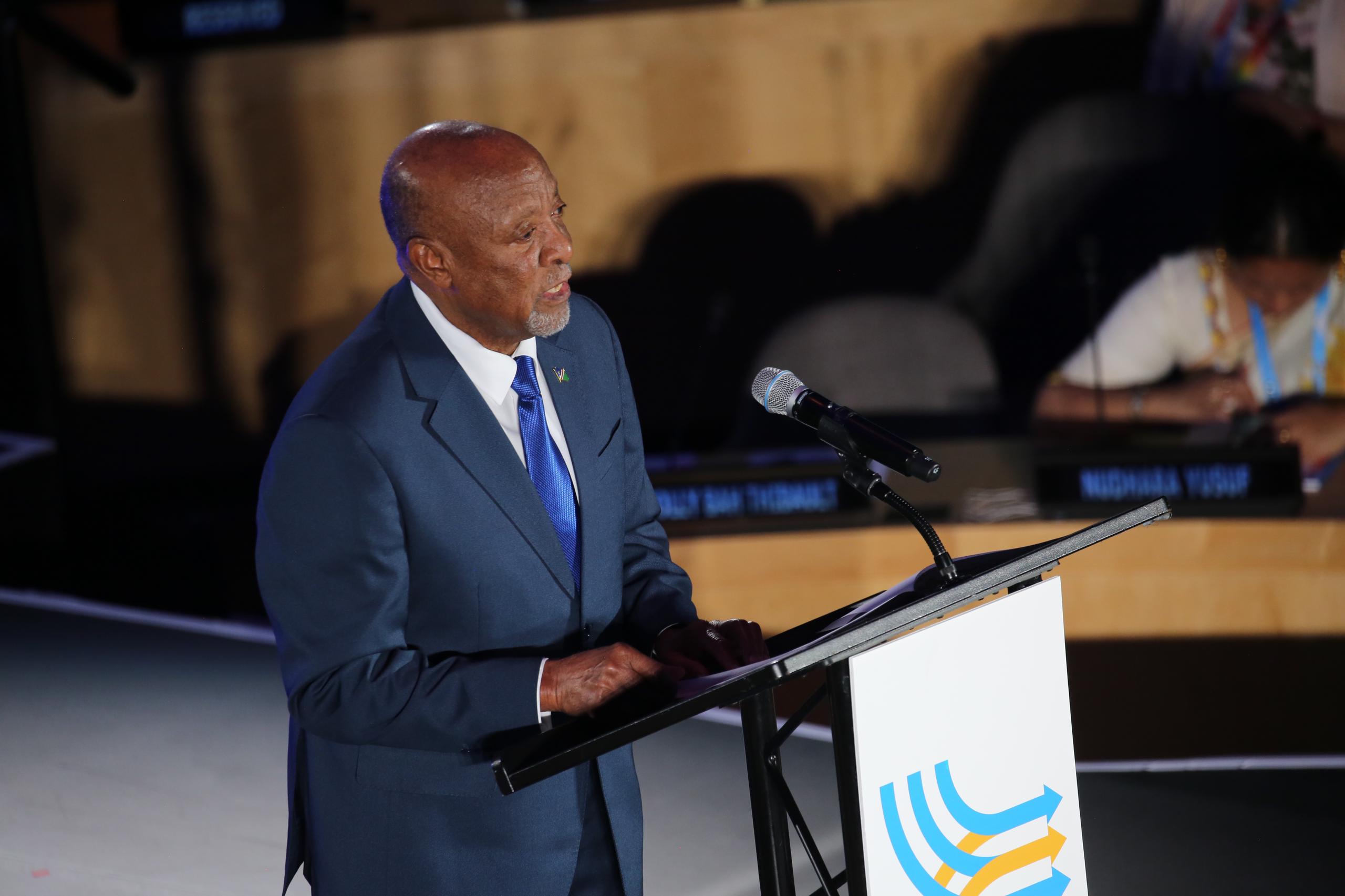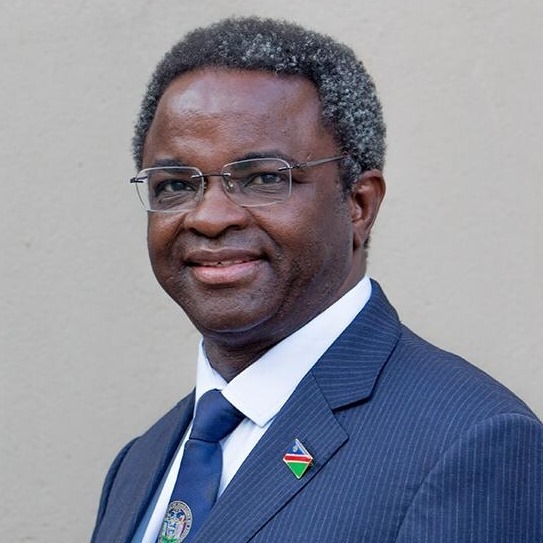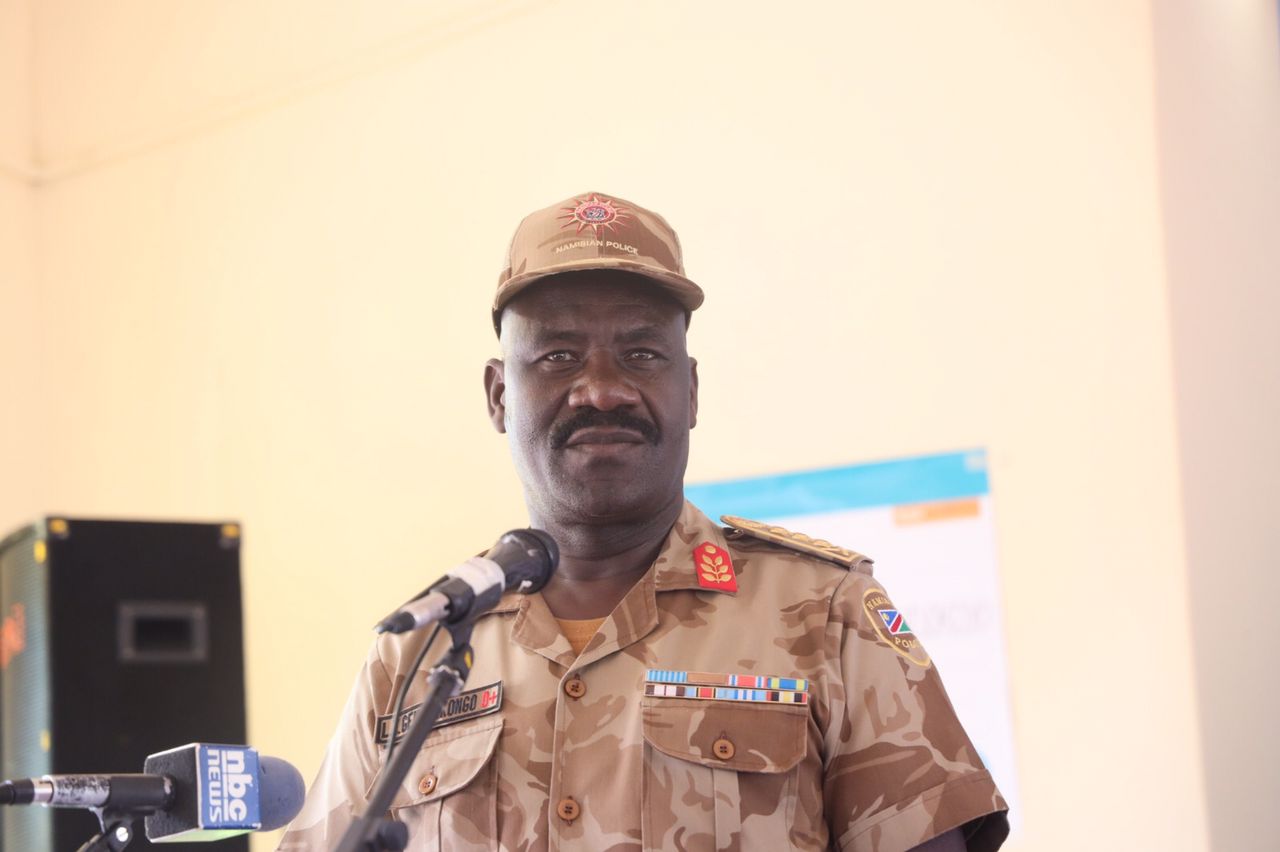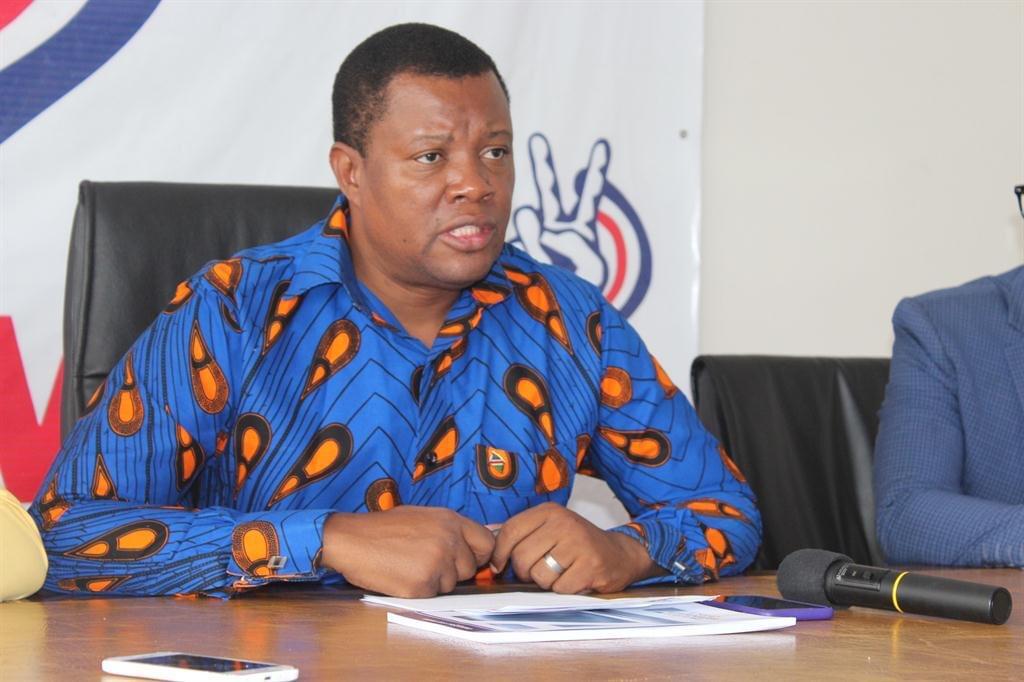Ever heard of corporate social responsibilities (CSRs)? Companies take it upon themselves to help communities by participating in various undertakings such as charity drives or offering scholarships to make dreams come true.
This year, The Namibian is hosting its Public Speaking and Debating Cup in collaboration with Fannes Namhunya Consultancy to plan and host an annual public speaking and debate competition for upper primary, junior secondary and senior secondary pupils. YouthPaper explains all you need to know about this historic event taking place on 24 to 28 August at Windhoek Technical High School (HTS).
Debating is quite important in today’s society. After decades of academic research, the platforms and topics have increased, thus enabling people to talk about them and express themselves in a public setting. One such platform has been Parliament, where parliamentarians converse about ideas and their implementation concerning the running of the country. But now this has expanded as even the public are voicing their opinions.
Through debate and public speaking, both debaters and speakers are able to acquire skills (such as the ability to present) and this helps pupils see the power of taking part in rational and reasoned arguments which could possibly result in action.
‘It (debating) enables them to elucidate their standpoint through utilising rhetorical eloquence. It instills in debaters and speakers a great sense of poise and confidence. It teaches them the skills of researching, organising and presenting information in a compelling fashion,’ Sieggie Veii Mujoro, the general manager of finance and administration at The Namibian, said in a statement.
The Namibian’s Public Speaking and Debate Cup is divided into three sections: The upper primary (Grade 5 to 7 public speaking only), junior secondary (Grade 8 to 10 public speaking and debate) and senior secondary (Grade 11 to 12 public speaking and debate).
Fannes Namhunya, the programme opportunities coordinator and competition director who has also been in the debating business for 15 years, emphasised the importance of the event: ‘Debating creates a positive reading culture as it forces you to read a lot and learn about democracy. It shapes children’s personalities as well. Our dream is to have an element of public speaking in the curriculum’.
On the organisation of the event, Fannes said it has not been easy. ‘It has been difficult but now we are seeing the result of it. The goal is to attract young people and teachers as we want to give back to to them.’
Team members Andrew Naunyango, Cynthy Owoseb, Victor Mabuku and Donald Khariseb have also been working endlessly on the competition and have vast knowledge of the culture as well.
For now, there are three phases: The inter school (circuit level leagues) which will run from May to June, the inter circuit (regional level) which will run for July only and the national cup (on national level) which will take place in August.
For schools to participate in this programme, the school must complete a registration for per category. Forms must be given to the regional coordinator. No participant may represent another school and only full time pupils may participate. All school entries must reach the regional coordinator and national coordinator on or before Tuesday, 14 June at 14h00. Registration is free. (Schools can individually request competition invitation and registration forms to the following email: fn_consultancy@live.com or namhnyaft@gmail.com.)
Prizes include a trophy, cash, medals, blazers and badges for each category. The three day Public Speaking and Debate Cup will include entertainment, four rounds in total, the semi finals and various grand finals. Interested? Get your debate teams ready and sign up now!
bull; Understand and communicate various forms of argument effectively in a variety of contexts
bull; Develop the ability to analyse controversies, select and evaluate evidence, construct and refute arguments
bull; Learn theories that seek to explain the process of communicating arguments with people
bull; Clarify one’s personal and social values through confrontation with the value judgments of others
bull; Participate effectively in situations where decisions must be made
bull; Promote school and community relations through participation in an intellectual activity
bull; Meet and interact with pupils from other schools in the context of a social and intellectual activity
bull; Realise the simultaneous opportuinities for leadership and group participation.
Stay informed with The Namibian – your source for credible journalism. Get in-depth reporting and opinions for
only N$85 a month. Invest in journalism, invest in democracy –
Subscribe Now!






